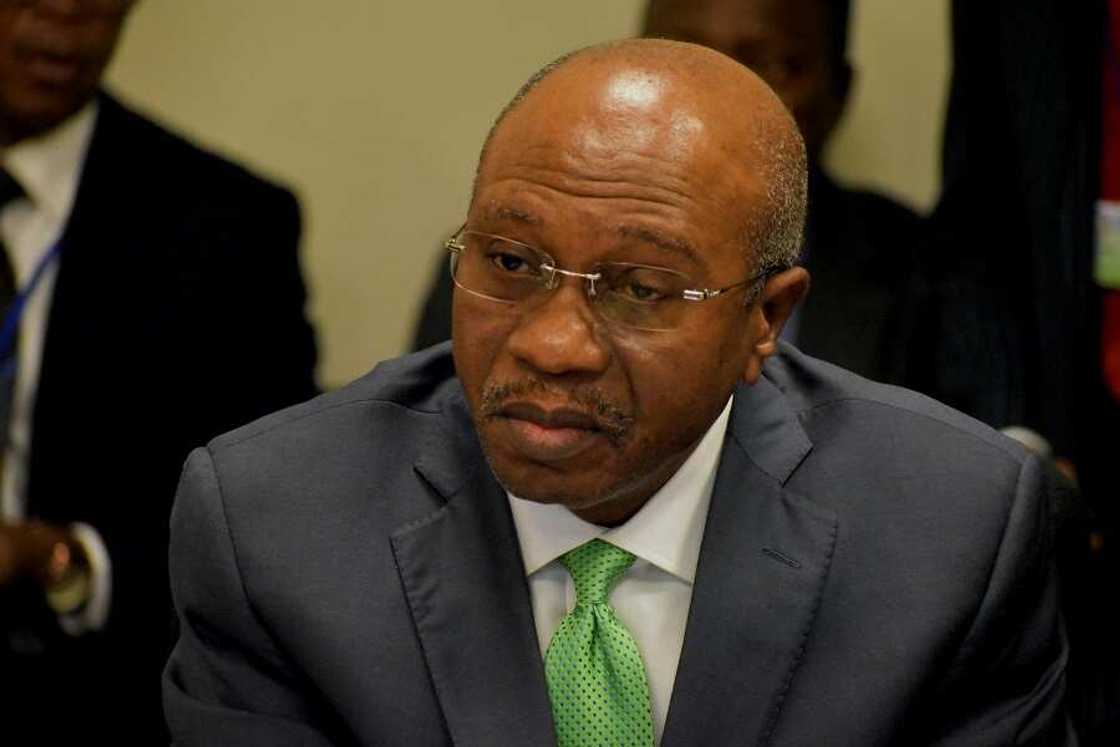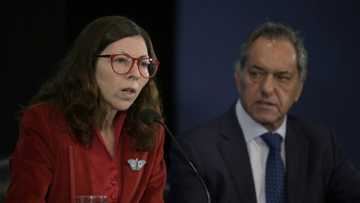Nigeria Has Lost 81 Per Cent of Foreign Investments in Three Years
- Nigeria has lost more than 80 per cent in foreign investments in the last three years as capital importation drops
- Data from the country’s statistics body said that foreign capital imports have declined in three years
- The CBN governor, Godwin Emefiele stated that Nigeria has lost capital imports due to an unfavourable domestic investment climate
Capital imports into Nigeria had dipped by 81.46 per cent, about $6.91 billion from $8.49 billion in the first quarter of 2019 to $1.57 billion in the same period of 2022, The Punch report said, citing data from the Nigeria Bureau of Statistics (NBS).
According to the NBS data, Nigeria's capital imports reports for four years say there is a steady drop in capital inflows into the country.

Source: UGC
Data doesn't lie
The overall capital inflow dipped by 31.01 per cent from $8.49 billion in the first quarter of 2019 to $5.8 billion in the first quarter of 2020, falling by 67 per cent to $1.91 billion in Q1 of 2021 and further dropped by 17.46 per cent to $1.57 billion in the first quarter of this year.

Read also
Meet top 10 best paid MDs/CEOs of Nigeria as companies spend over N5bn to keep 'the bosses' happy
PAY ATTENTION: Share your outstanding story with our editors! Please reach us through info@corp.legit.ng!
The data went on to say that capital importation was gotten from the Central Bank of Nigeria (CBN) and includes physical capital like equipment and financial capital importation.
In the first quarter of 2019, the largest amount of capital importation into Nigeria was via portfolio investment. The banking sector dominated inflows in that period, while the UK brought in most of the inflows.
In the first quarter of 2020, portfolio investments continue to rule inflows while banking and the United Kingdom also retained their leadership positions respectively.
In Q1 2021 and Q1 2022, portfolio investments were responsible for most of the capital inflows into the nation, while banking ruled the highest and the UK provided the most.
Emefiele admits capital flight
The CBN governor, Godwin Emefile, during the Monetary Policy Committee meeting (MPC), admitted that an unconducive domestic investment climate is affecting foreign capital inflows into the country.

Read also
Argentina's new economy minister said Monday the country would honor fiscal deficit goals and other commitments made under a deal struck with the IMF to refinance a debt of some $44 billion.
Emefiele said that Foreign Direct Investment has been very low while there was a reversal in foreign portfolio inflows from Nigeria in Q4 of 2021.
He said the poor trend is due to an unconducive domestic investment climate which is worsening. In February of this year, Emefiele said, inflows stood at $17.67 billion in comparison to $66.4 billion in the same month in 2021, which is the highest since 2020.
The World Bank in its recent June update on Nigeria said the rising global interest rate is going to lead to more investment outflows from Nigeria in 2022 which will lead to a fall in total capital importation.
European Union intervenes in Nigeria's economy with $1.3 billion
Legit.ng reported that the European Union and its development finance institutions, on Monday, July 4, 2022, said they will provide Nigeria with 1.3 billion to help Nigeria diversify its economy away from oil, Reuters said, quoting a document from the bloc.
Africa’s biggest economy has been making efforts to broaden its economy and exports apart from the oil sector, which is about 7 per cent of Nigeria’s GDP and 90 per cent of its forex earnings.
Reports say the funding, under the bloc’s Green Deal, will be provided until 2027, among other things and will focus on enhancing access to renewable energy and boosting the development of the agric sector.
Source: Legit.ng


